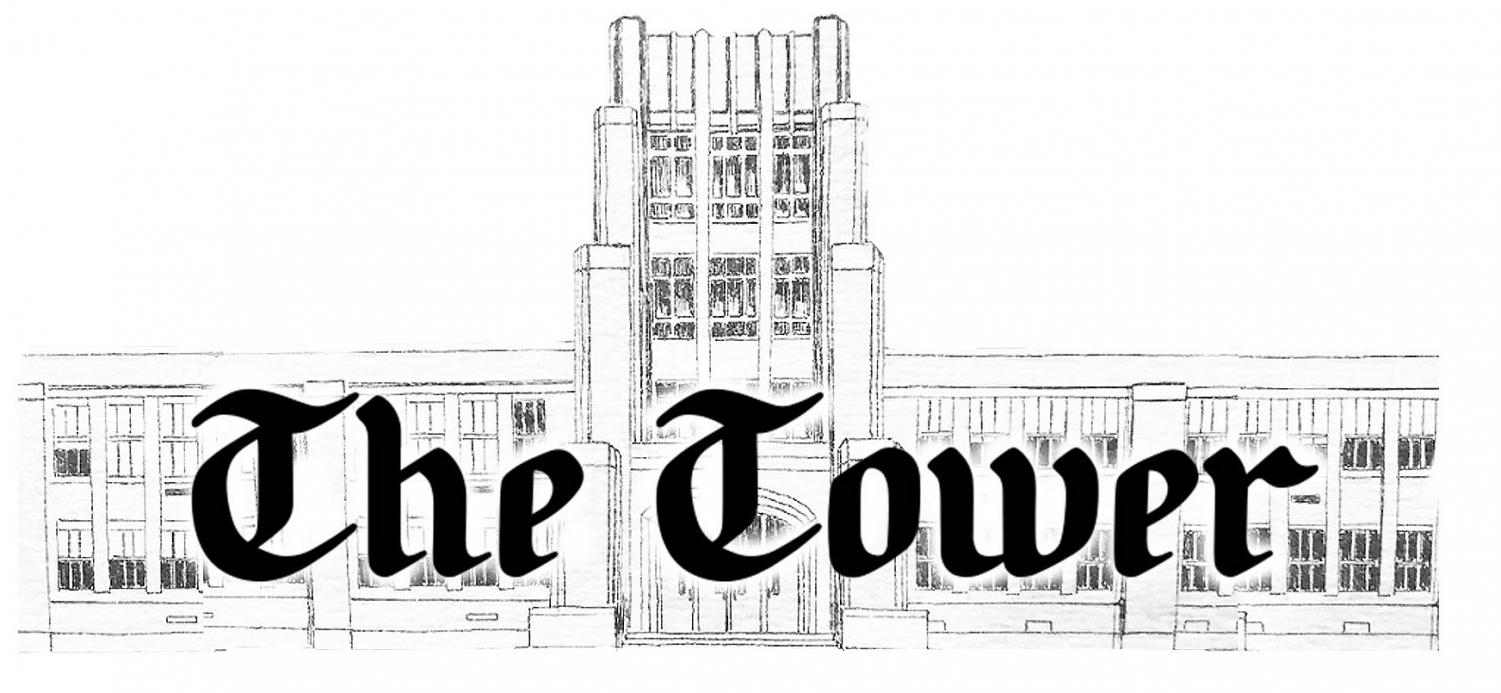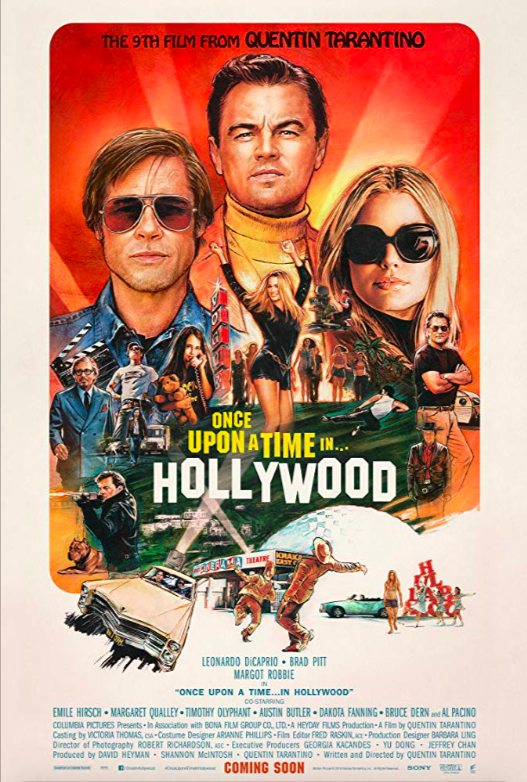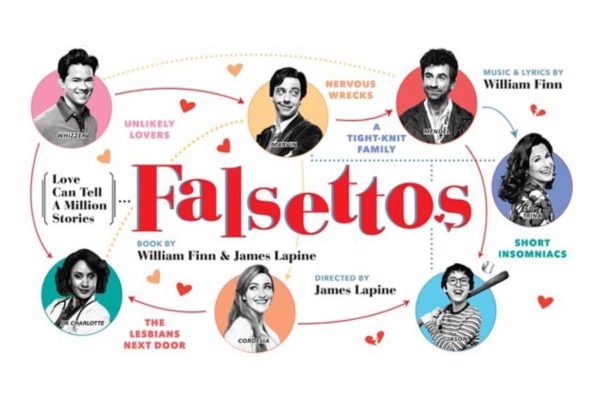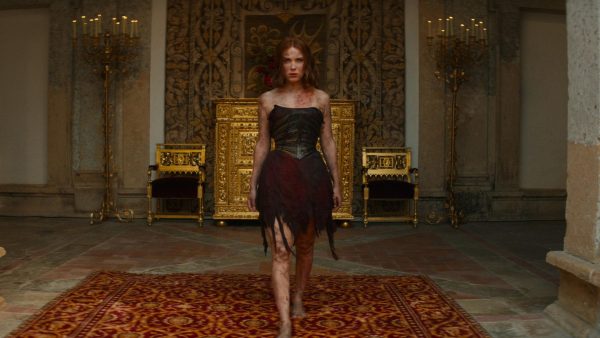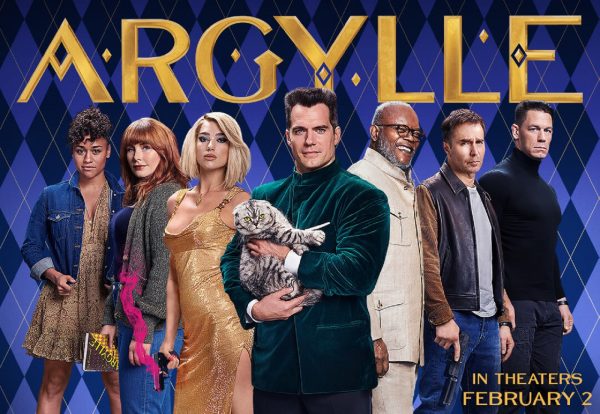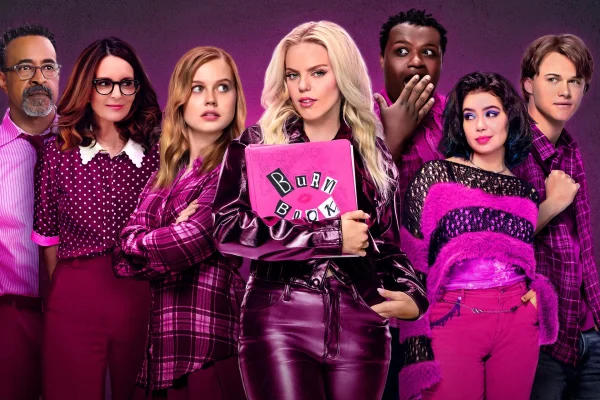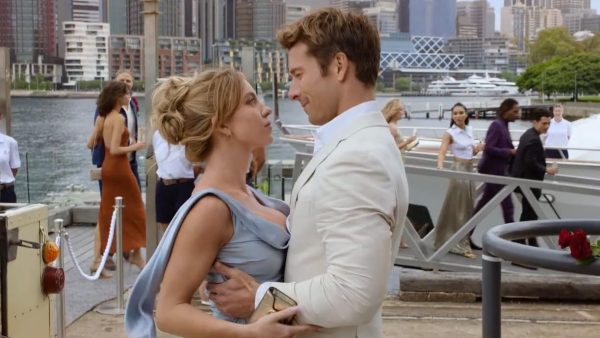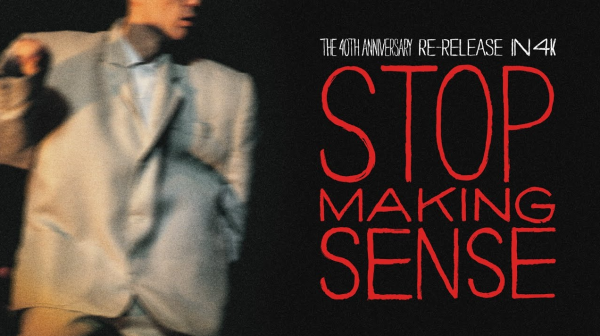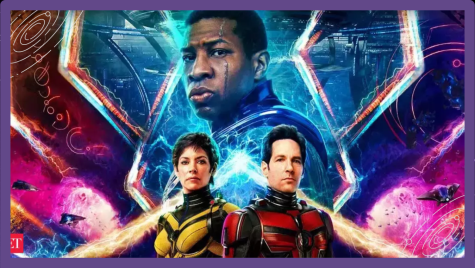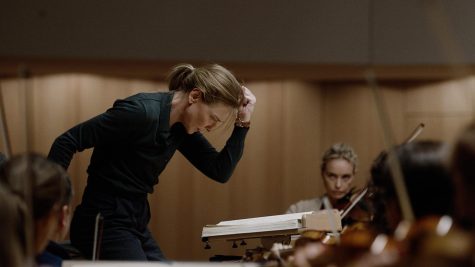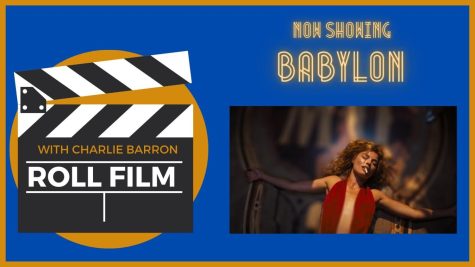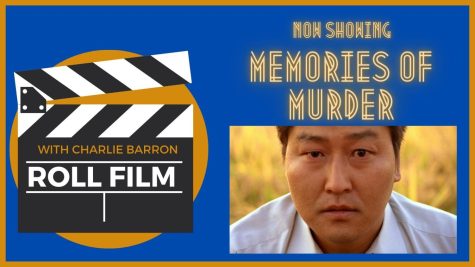Once Upon A Time In Hollywood
September 17, 2019
Coming in with his ninth modern classic, Quentin Tarantino delivers a provocative, nostalgic, and visually stunning love letter to Hollywood’s past. Led by Leonardo DiCaprio and Brad Pitt in some of their most impressive acting work to date, Tarantino created a film full of the dream-like wonder of Hollywood and the film industry during the height of the Californian dream. The film starts during Hollywood’s golden era, as aging actor Rick Dalton (Leonardo DiCaprio) starts to come to terms with the decline of his career and the fear of what will follow. DiCaprio plays Rick perfectly and gives one of his best performances to date. Leo flexes his ability to peel back the shimmery veneer and glamour of life as an actor and shows the depths of insecurity and drunk fear. But the genius of Rick’s character is beautifully foiled by his stunt-man and BFF, Cliff Booth. Leonardo might be the movie lead, but Brad Pitt is by far the star. He plays Cliff with a laid back, relaxed and restrained genius that contrasts Leo’s anxious breakdowns with a confidence that comes as natural as breathing. Pitt’s performance in this film stacks up to his performance as Fight Club’s Tyler Durden any day.
OUTIH is Tarantino at his most vulnerable which shows that he has a strong emotional attachment to this period of the industry. This historic era of the industry during the final days of the studio system which dominated Hollywood production for years until it’s death at the hands of directors like Martin Scorsese and Roman Polanski. Tarantino, of course, has no personal connection with the industry at the time, he was far too young; however, he still created a very powerful connection to the golden age of Hollywood by being a film nerd. Tarantino said in an interview, “I didn’t go to film school, I went to films.” He grew up on B rate kung fu films and glory day westerns and fell in love with the industry then and there. OUTIH is very unlike Tarantino’s earlier work and shows him at a matured state of mind not seen in his films like Pulp Fiction and Reservoir Dogs. Many of Tarantino’s styles of filmmaking are still present in Once Upon a Time; his use of In Medias Res, the playful self-aware style of storytelling, the liberal and glorified use of violence, and a tendency of quality scenes over an overarching method of screenplay. The palpable scenes in Pulp Fiction; the hit with Jules and Vincent, the diner scene with Mia Wallace, all showcase Tarantino leaning towards a good, memorable scene over the idea of multiple scenes and sequences that build to make a larger idea and concept. While these power hitting scenes are present in OUTIH, Tarantino decides to pull away from his own style in order to build a narrative that has a more structured plot line with a character driven dialogue and events that leave the audience with a mature and complex ode to Hollywood that sits uniquely among the catalogue of classics Tarantino has produced. This film stands alone and confidently among his greatest works, and if this film were made by Tarantino in his 90s era of scene driven action and plot structure, this would be a far worse film, and luckily for the audience we are given an older Tarantino sharing his true and unabashed love for film and Hollywood at the death of the Golden Age.
So the question on the minds of people both walking into the theater and out is this: why make a film about the murder of Sharon Tate? To begin, this film is not about Sharon Tate or her very tragic death in anyway, but Sharon’s character in this film is extremely important to Tarantino’s idea of the movie and the era the industry was in during the late 60’s. Sharon Tate, played perfectly by Margot Robbie given a handful of lines and little screen time, is used ingeniously by Tarantino as the embodiment of Hollywood and everything the industry was made for; to make people happy. The scenes she is in, Sharon is beatific and beautiful, whether that is at a house party in the Hollywood hills, or watching a film she starred in to see the reactions of the people in the audience. Sharon is Tarantino’s vision of what movies are all about, striving for the dreams and the happiness of a movie star life. Tarantino uses this to make his final point, the idea of Sharon’s murder as a defining event. All effects of her murder were felt on a social level, but Tarantino presents a very interesting view on her tragic death. This movie explores the idea of Sharon Tate’s murder through the eyes of Hollywood and the effects her death on the industry during the death of the studio system and the Golden Age of film. The concept of the brutal death of a symbol of joy and innocence in the industry is a beautiful use of character to drive home Tarantino’s message to the audience, he loved this era of film and wishes, for his nostalgia’s sake, that it never changed.
To fully appreciate this film of course, one must see it. Simply put, I believe this to be the most important film that has and probably will come out this year and you’d be doing yourself a favor to experience it. My favorite thing that happened in this movie was me and my parents standing in the parking lot, talking about how this movie made us feel. That’s the best part of any movie.
